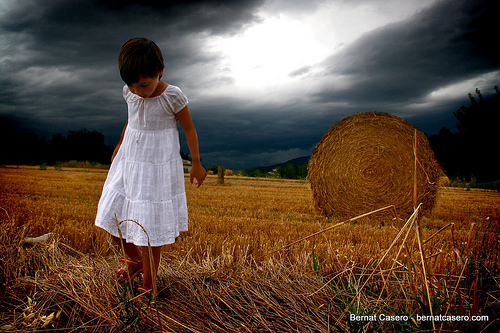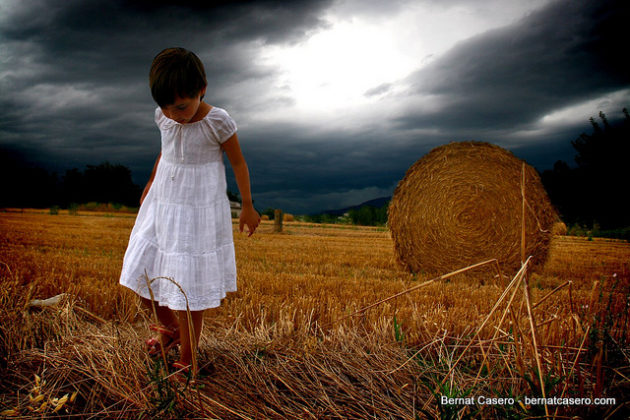
For the Women Who Mother Me
When I was in second grade, I didn’t want to make a Mother’s Day card with the rest of the kids in class. My teacher, a kind person who I’m sure meant well, insisted. “You can write to her in heaven,” she said. I thought it was a stupid idea, and refused again.
My mom died when I was five years old. My father remained single throughout my childhood, and only very recently–to my twenty-something surprise–did he fall in love again, getting married at City Hall to his lovely wife one year ago, at sixty-five. Because he raised me and my brother by himself, I grew up without a mom or a stepmom. The absence was felt keenly and mundanely at the same time: I internally corrected teachers who told us to take permission slips home to our “mom and dad”, I answered small talk questions about my parents with the phrase “my family” (“my family moved here when I was five”), and I cringed at every TV show, movie, or book that used the backstory of a dead mom to explain a character’s troubled emotional landscape.
When I was a freshman in college, I called my father to let him know that I would be attending Yom Kippur services for the first time. He told me that there was a special prayer read by people who don’t have a mother, and asked me to find it and read it. I was moved that Judaism–my own religion, and one I knew next to nothing about–had such a prayer. Today, I read it four times a year: Yom Kippur, Passover, Sukkot, and (right around the corner now) Shavuot. Sometimes I cry. Usually, I don’t. In many ways, I’m accustomed to the idea that I don’t have a mom.
2 comments on “For the Women Who Mother Me”
Comments are closed.





Well said and beautiful. The world needs more surrogate mothers!